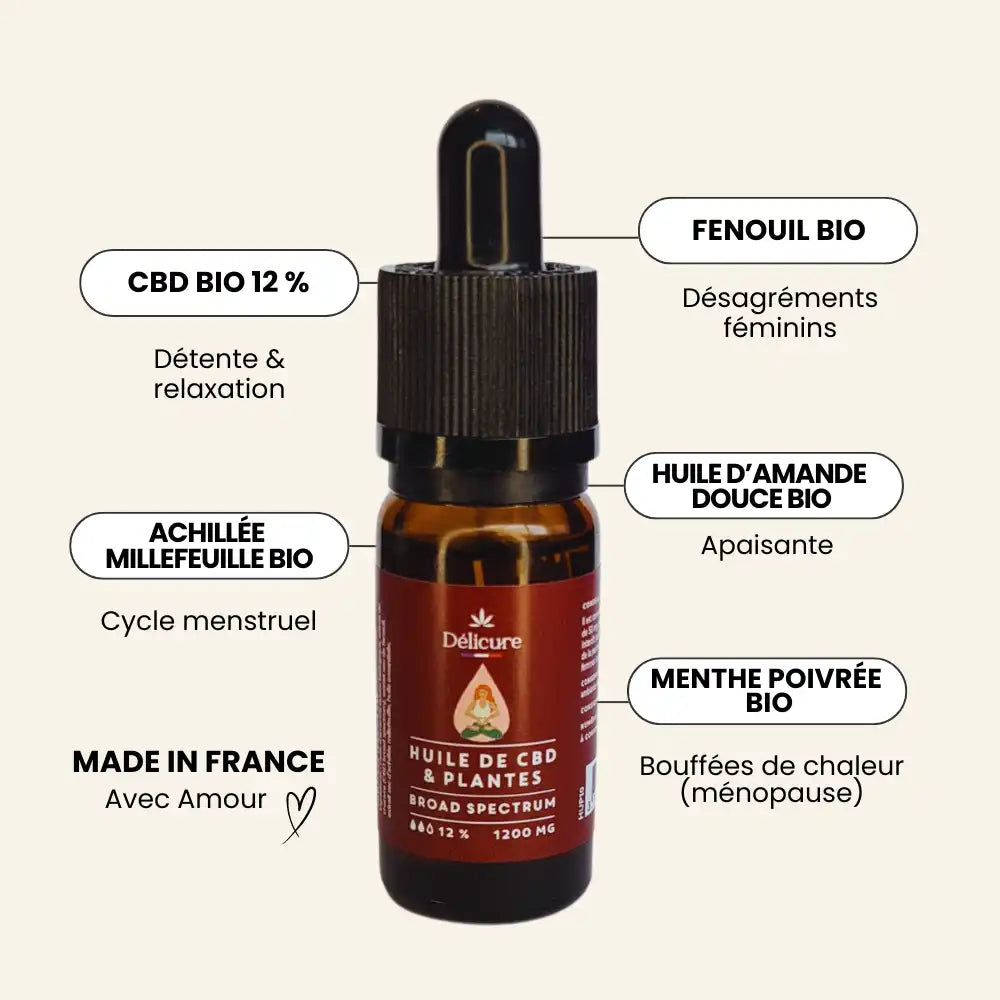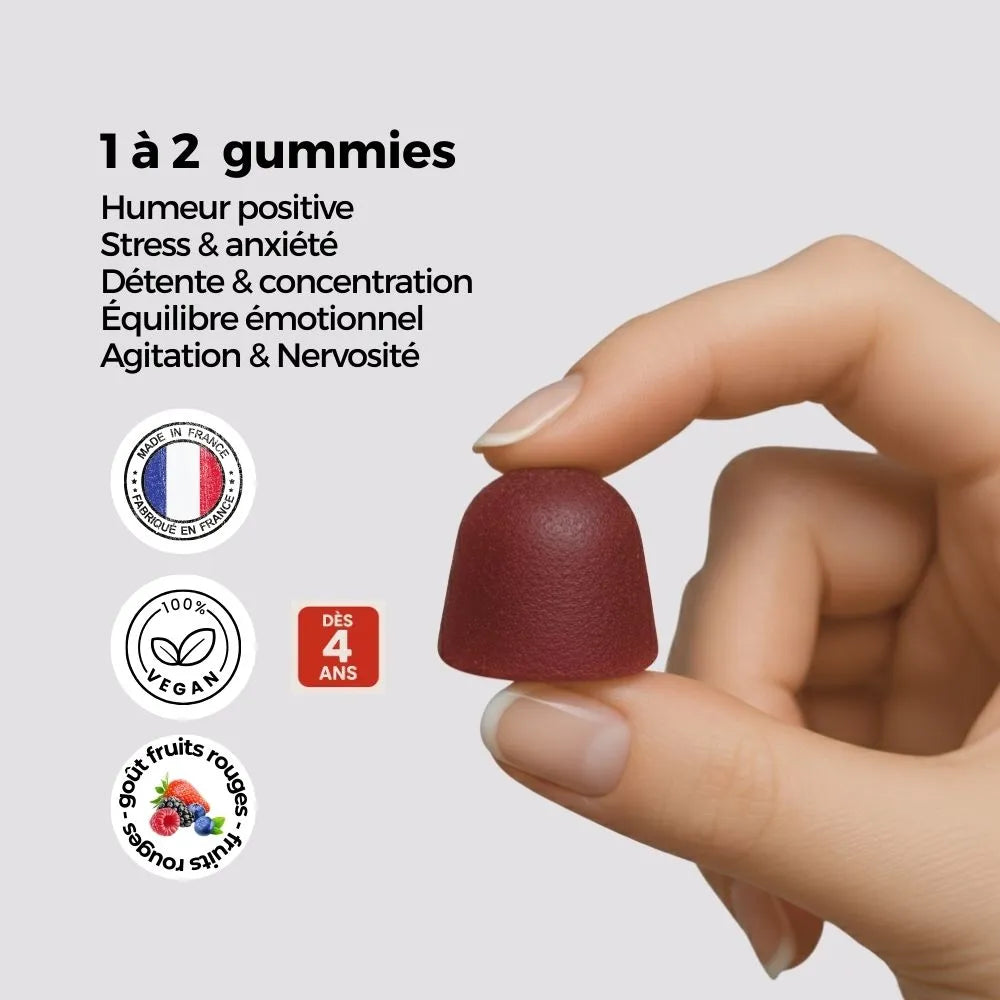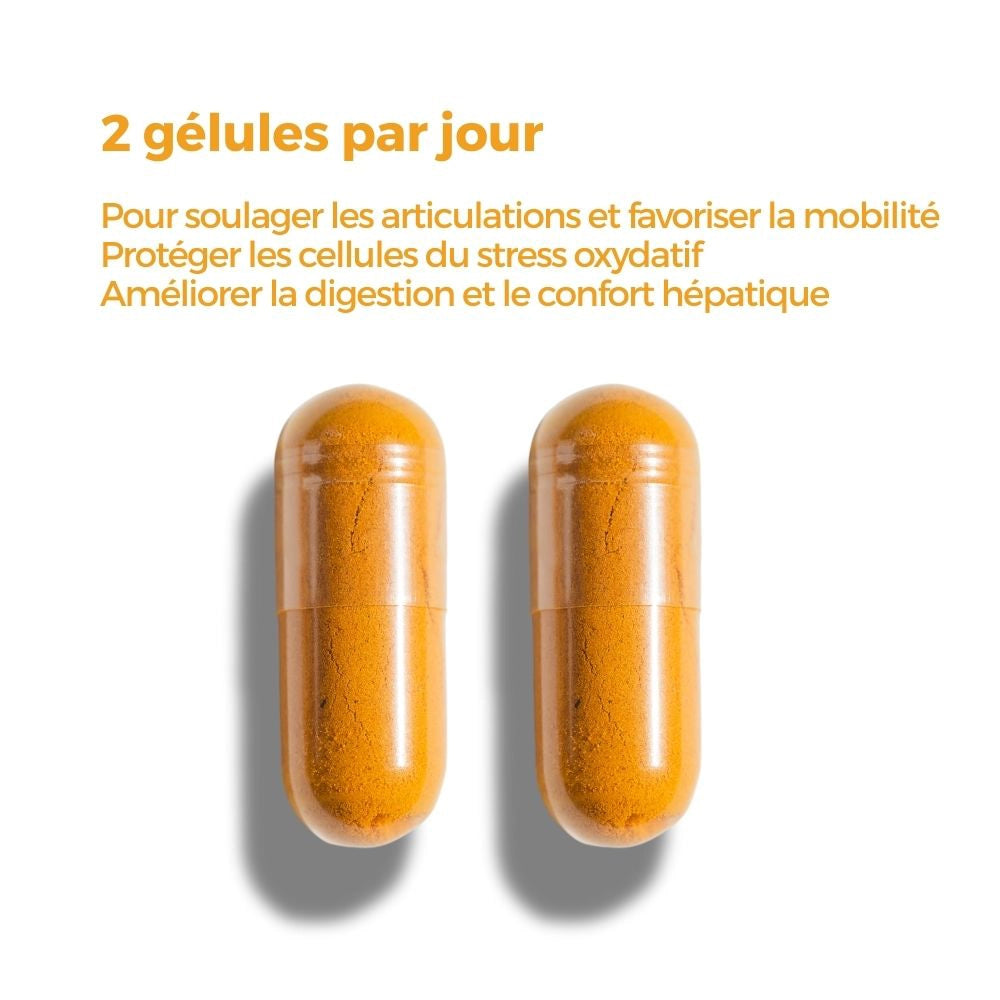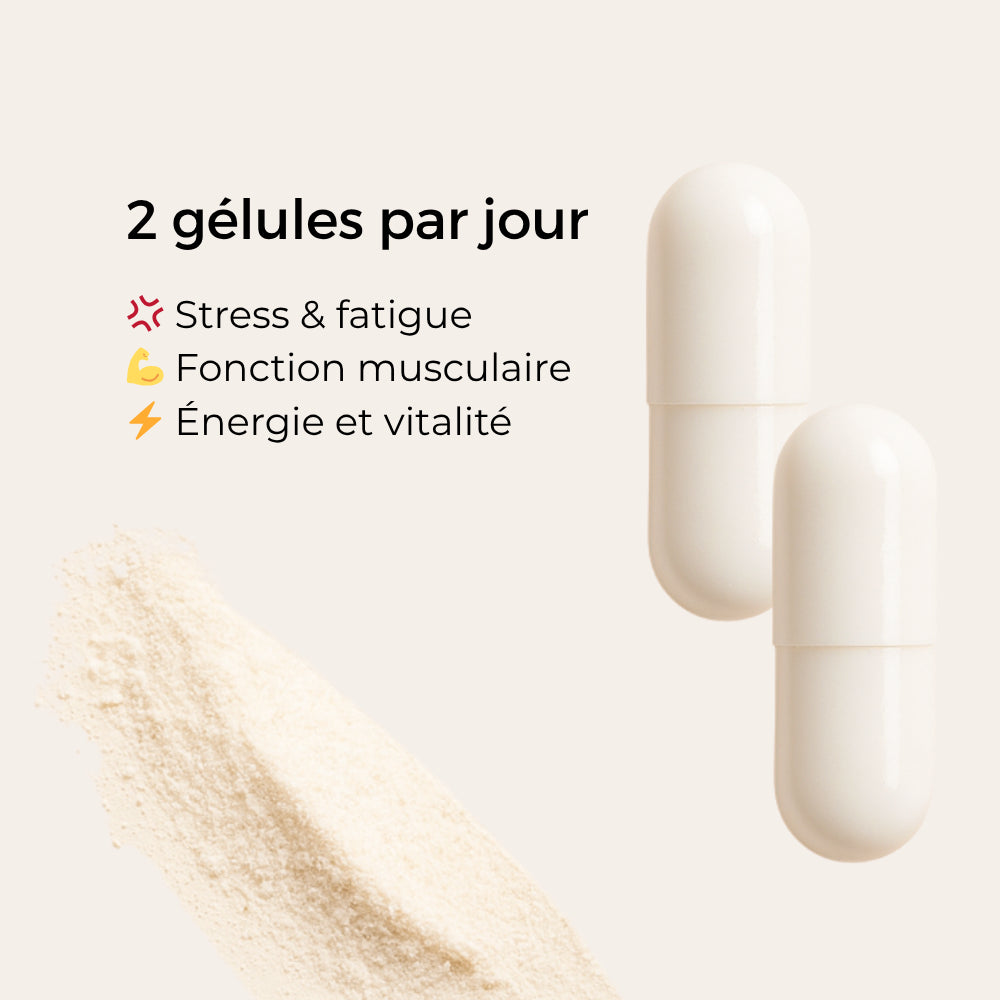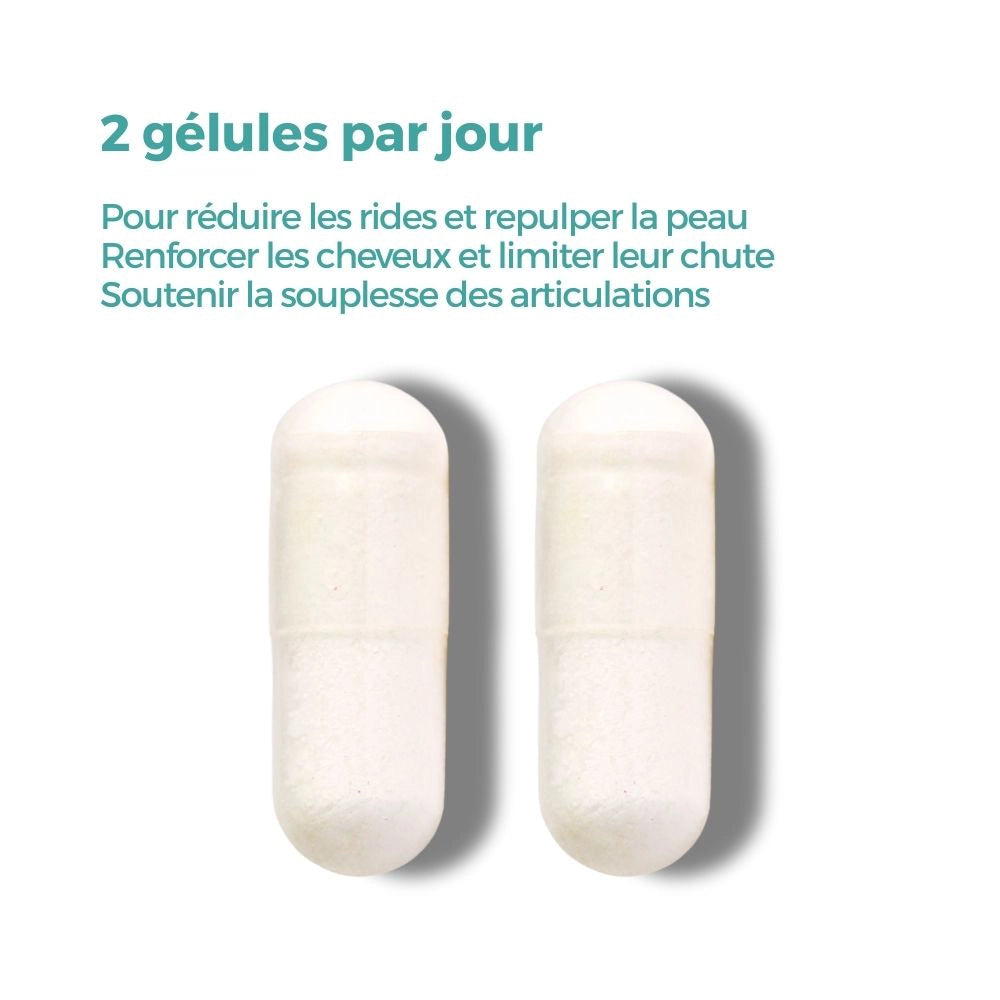
What are the different forms of stress?
First, what is stress?
Stress results from a set of psychological and physical reactions triggered by the body when faced with a constraint or external aggression. It is a natural phenomenon that, in normal times, only lasts a few moments or a few days.
- Physical symptoms : muscle pain, palpitations, tremors, chest tightness, digestive problems, sleep disturbances, migraines or dizziness.
- Psychological symptoms : anxiety, irritability, difficulty concentrating or finding your way, decreased motivation.
- Behavioral symptoms : isolation, increased consumption of harmful products (tobacco, alcohol, sugar), loss of appetite or hyperphagia.
When a stressor persists, we speak of chronic stress , which can lead to various complications, particularly cardiovascular or mental.
The three phases of stress
Alarm phase
During this first phase, the body goes into a state of alert. It secretes adrenaline to prepare the organism to act or flee in the face of the threat (real or perceived).
- Common symptoms : muscle tension, increased heart rate and breathing, increased blood pressure.
- Objective : to quickly mobilize the energy needed to face the danger
Resistance phase
If the stressful situation continues, the body releases other hormones (cortisol, noradrenaline) in order to maintain an effective response.
- Mechanism : Energy intake increases to keep going.
- Result : once the threat is removed, the body regains its balance and normal metabolism.
Exhaustion phase
When stress persists too long, the body struggles to regulate hormonal secretion. This overproduction gradually depletes energy reserves.
- Physical signs : sleep disturbances, digestive problems, headaches, intense fatigue.
- Psychological signs : anxiety, irritability, nervousness, isolation.
- Behavioral signs : absenteeism, excessive use of substances (tobacco, alcohol, sugars).
- Risks : depression, nervous collapse, burnout.

The different forms of stress
Acute stress
Acute stress occurs punctually when the individual faces an exceptional and destabilizing event: aggression, major conflict, divorce, loss of job, natural disaster, etc.
- Positive role : it triggers an emergency reaction which allows the situation to be better managed in the short term.
- Duration : symptoms (disturbed digestion, agitation, temporary sadness, etc.) generally disappear once the event is over.
-
Management :
- Food supplements : Formulas enriched with plants (rhodiola, saffron, holy basil), vitamins (vitamin B6) and GABA amino acid, such as the “anti-stress” gummies offered by Délicure , can help the body relax.
- CBD : Cannabidiol (CBD) is also known for its calming properties and can help reduce stress and anxiety. Délicure offers a range of CBD gummies and CBD oils made from pure and natural oil.
Secondary trauma
Secondary trauma is acute stress that recurs repeatedly, often in people who are repeatedly exposed to human suffering or distress (healthcare professionals, social workers, law enforcement, etc.).
- Effects : high anxiety, depression, loss of self-confidence, feeling of insecurity, isolation and sometimes paranoia.
Chronic stress
Chronic stress is characterized by continuous exposure to stressors, causing a state of exhaustion over time. It often corresponds to the last phase (exhaustion phase) described above.
- Major risks : cardiovascular, respiratory, musculoskeletal disorders, type 2 diabetes, depression.
- Severity : If left untreated, chronic stress can lead to a profound deterioration in quality of life and, in the most extreme cases, suicide.
Burnout
Burnout is a state of professional exhaustion linked to particularly trying working conditions: overload of tasks, conflicts with management or colleagues, lack of recognition or support.
- Symptoms : feeling unwell, isolation, depression, addictions (alcohol, tobacco, food), intense fatigue.
- Link to chronic stress : Most burnouts result from untreated chronic stress.
- Support : in the event of burnout or chronic stress, consulting a doctor or psychiatrist is essential in order to put in place an appropriate therapeutic strategy (work stoppage, psychotherapy, medication, etc.).
CBD against stress
CBD (cannabidiol) is a compound naturally present in hemp, known for its relaxing and anxiolytic properties. It can help combat stress and improve sleep quality.
- Forms of consumption : gummies, sublingual oils, capsules, infusions.
-
Benefits :
- Helps regulate mood and appetite.
- Reduces anxiety and promotes a feeling of relaxation.
- May help improve sleep quality.
The solutions proposed by Délicure
-
Anti-Stress Gummies
- Enriched with plants (rhodiola, saffron, holy basil) and GABA amino acid.
- Contains vitamin B6, essential for the proper functioning of the nervous system.
-
CBD Gummies
- Fun and practical, CBD gummies or candies promote rapid relaxation.
-
CBD oils made with avocado oil
- 100% pure and natural formula for better absorption.
- CBD oils are ideal for regular or occasional consumption.
To conclude :
Stress, whether acute, chronic or trauma-related, affects each individual differently. Understanding the mechanisms of stress and its different forms is essential to preventing burnout and maintaining overall health.
To cope with the pressure of everyday life, calm your nerves and stress, adopt a healthy lifestyle (balanced diet, regular physical activity, sleep management) and allow yourself moments of relaxation (meditation, yoga, leisure activities) remain fundamental pillars. In the event of persistent symptoms or psychological distress, do not hesitate to consult a health professional.
Finally, natural solutions like CBD or herbal gummies can be interesting supplements to manage stress peaks and promote better resilience in the face of life's challenges.













